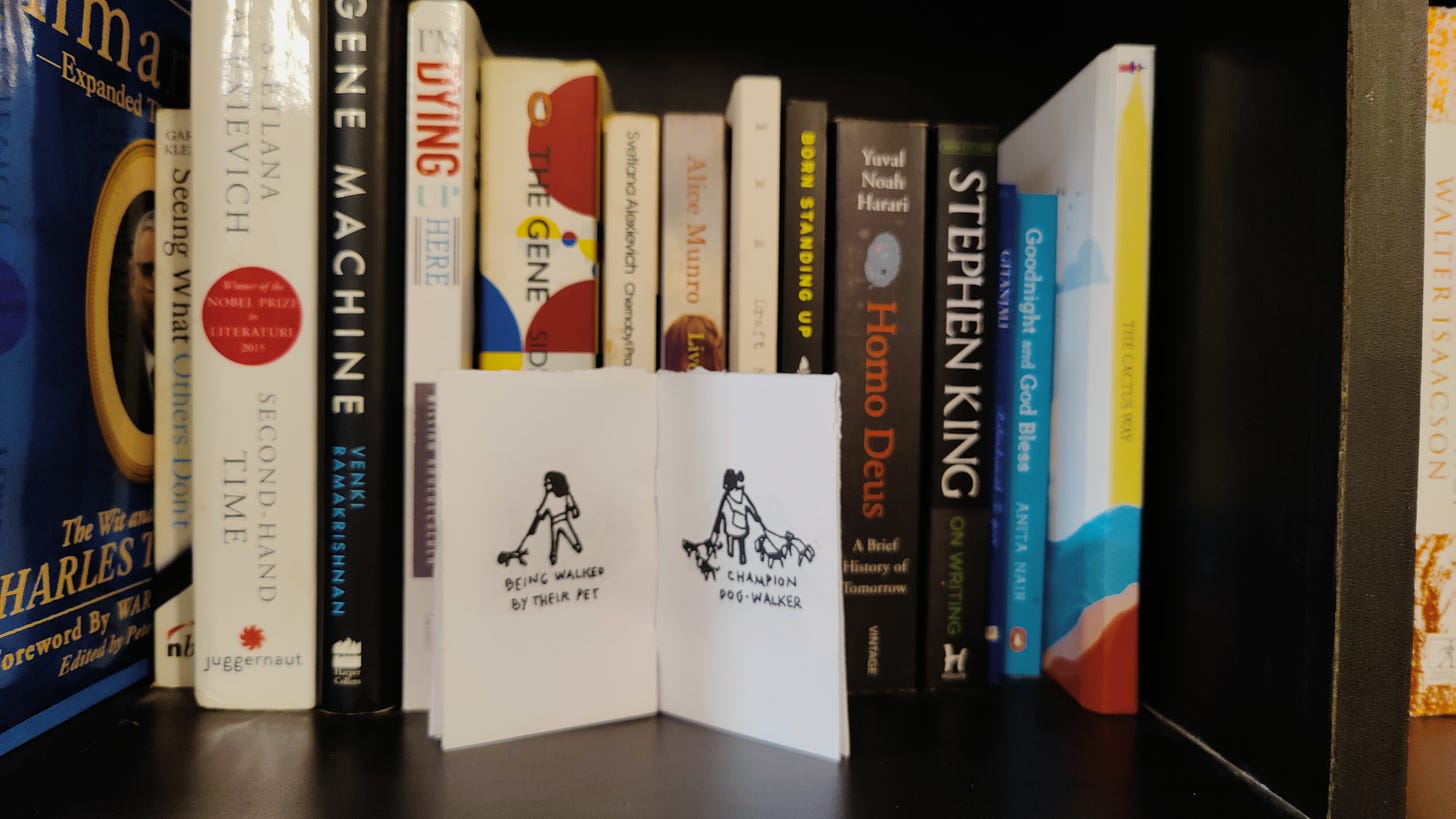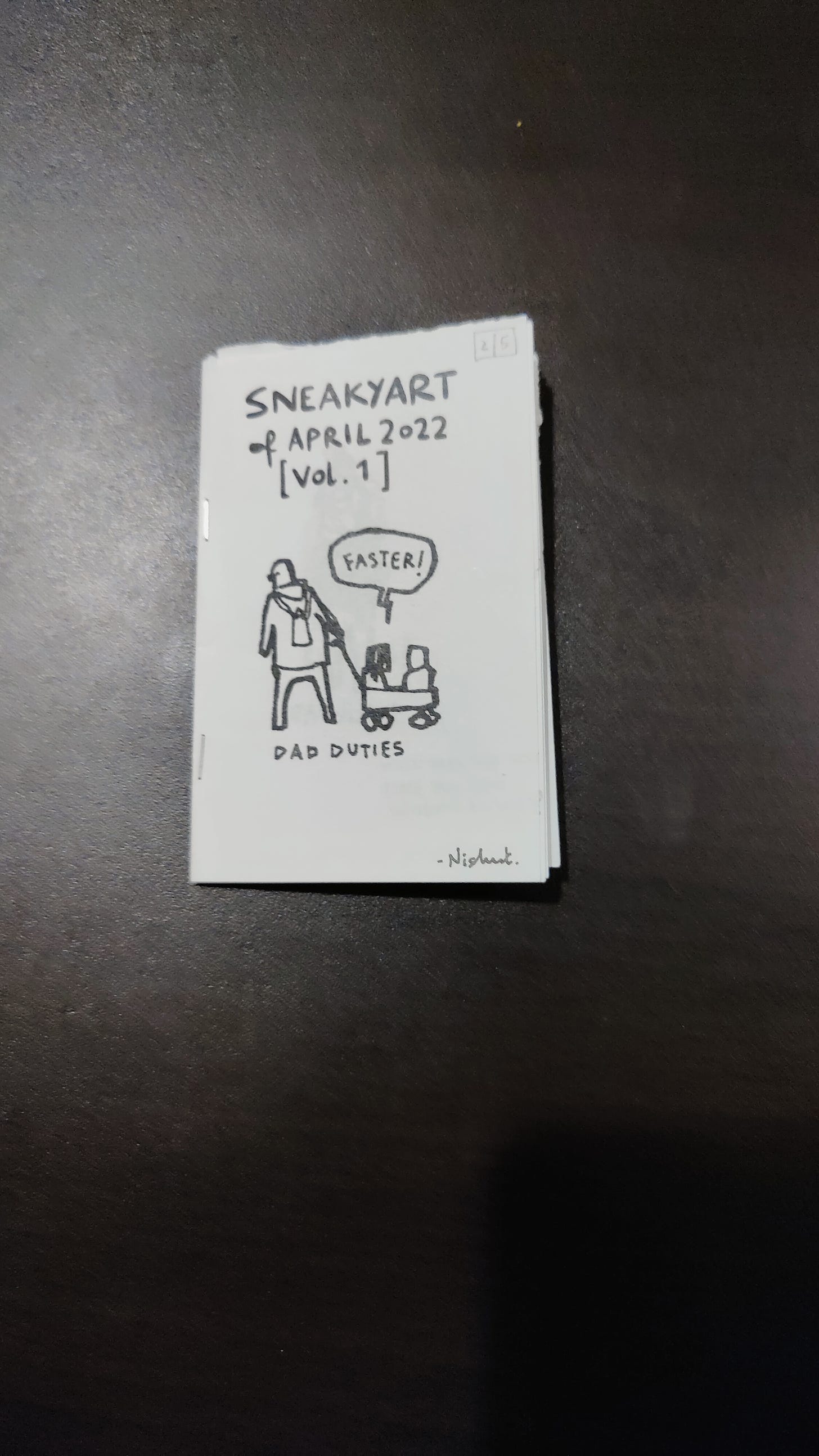Regret or blame?
You are one person but when it comes to how you decide, what drives you may be completely different come a different circumstance. And you’re likely to be unaware of it.
That’s why you do not invest in crypto if no one in your social circle is doing so. And that’s why you buy IBM when you’re part of a corporate setup.
Building on the theory of adman Rory Sutherland on how humans decide as individuals and as agents for someone else, the video has a story about antelopes.
When people say every day’s a fight…
Have you ever had a friend or colleague complain about how every day’s a fight and you worry about them only to find them months or years later still at the same job or in the same situation they were struggling in? What happened there?
Just to frame the problem clearly, these are not knee-jerk reactions. They can’t be because they’re talking about every day. So most likely this is coming on the back of non-singular negative experiences.
Yet, if the problem is legit, why do so many people end up living with it?
I think the clue is in the words. They may say, ‘Every day feels like a fight’ but almost no one says, ‘Every day feels like I’m losing a fight’.
When people moan about their struggles, they don’t mean it’s an outright bad thing—not unless they’re winning some/most of those fights. Human beings don’t mind a fight as long they’re winning it. Winning is the antidote to all struggle. On the other hand, if they’re losing every day, it can be crushing. At some point, the bough breaks.
What about the range of outcomes between winning every day and losing every day? That’s gambler’s land. We need just the right amount of possibility of a win to stay hooked. That possibility carries hope. We hope things will turn for the better. Hope keeps us alive.
And what about people who quit their every day struggle, be it a bad relationship or job? How do they see things after? Do they wonder how they survived as long as they did? Perhaps they do. But if their end is amicable, pleasurable even, they’re likely to remember a different, rosier, version of things. This is called the peak-end effect. I wrote about it in the last issue.
It’s a cognitive heuristic where we tend to judge an experience by averaging the pleasure (or pain) at the highest point and at the end. So a dentist that hands us ice-cream in our favorite flavor after drilling into the roots of your teeth may yet evoke warm feelings in us afterward.
I got a zine!
Nishant Jain is a mentor and a friend. He’s an urban sketcher, podcaster, and runs a wonderful newsletter. He was kind enough to send me this zine all the way from Vancouver!
***
Thank you, dear reader, for adding Curiosity > Certainty to your inbox. I would love to how I can make this newsletter more useful for you. Stay well!







#57 - Avoid regret or avoid blame?